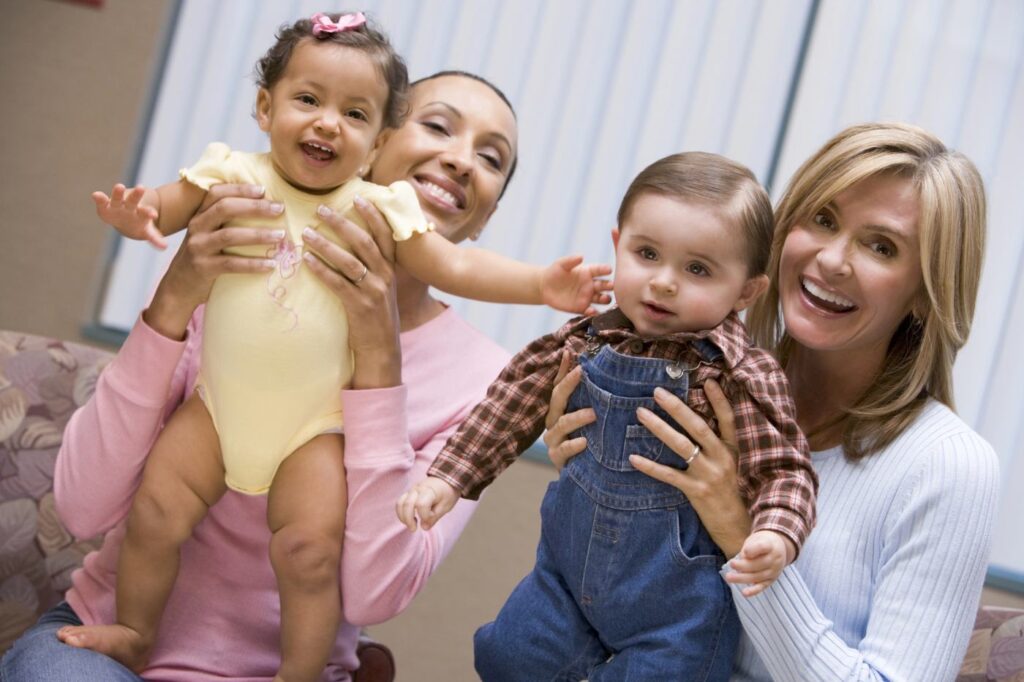The moment your world changes with the arrival of a child is unforgettable. It’s a raw, visceral beauty that brings about a new reality filled with silence, unravelling, sleep deprivation, and adjustments. The postpartum period, often referred to clinically, is a time when mothers are left to navigate the challenges of healing, hormonal changes, identity shifts, and the mix of darkness and joy that comes with caring for a newborn.
In Western societies, the focus during pregnancy is on ensuring the health of both the mother and the baby, with frequent checkups, ultrasounds, and celebrations. However, after giving birth, the attention dwindles, and mothers are left to fend for themselves, with maybe a single postpartum visit scheduled. This stark contrast can leave women feeling vulnerable and unsupported during a time when they need care, support, and intentional recovery the most.
The early weeks and months postpartum are crucial for a woman’s mental, emotional, and physical well-being, which in turn impacts the health of the baby and the family as a whole. It’s evident that there is a need for better support systems in place to help mothers navigate this challenging period.
The expectations of motherhood portrayed on social media often create a false narrative of what it should look like. While some mothers may experience a smooth postpartum journey, others face tears, fear, intrusive thoughts, and feelings of inadequacy. The pressure to measure up to the idealized images on social media can exacerbate these feelings, especially during times of isolation and lockdowns, such as those experienced during the COVID-19 pandemic.
Personal experiences of postpartum struggles, such as postpartum depression and obsessive-compulsive disorder (OCD), highlight the need for more understanding, support, and empathy for mothers during this vulnerable time. The lack of in-person support, coupled with the pressures of social media, can contribute to feelings of isolation and inadequacy for new mothers.
It’s time to shift the narrative of motherhood from a competition to a sisterhood of support and understanding. Every mother’s journey is unique, and there is no one-size-fits-all approach to postpartum recovery. By coming together, sharing our struggles, and offering grace and compassion to one another, we can create a more supportive environment for mothers.
Healing from postpartum struggles is a gradual process that requires patience, self-compassion, and support from loved ones. Through therapy, prayer, and connecting with others who have experienced similar challenges, mothers can find light at the end of the tunnel. Reconnecting with faith, embracing gratitude, and seeking help when needed are essential steps in the healing journey.
As we continue to navigate the challenges of postpartum life, it’s important to remember that we are not alone. By building new support systems, leaning on our faith, and speaking our truth, we can find hope and healing in the midst of the storm. There is courage in facing our struggles and seeking help, and there is light ahead for those who are willing to walk the path of healing.
Please note that the information provided in this article is for educational purposes only and should not be substituted for medical advice. It’s essential to consult with healthcare professionals for personalized medical guidance.

